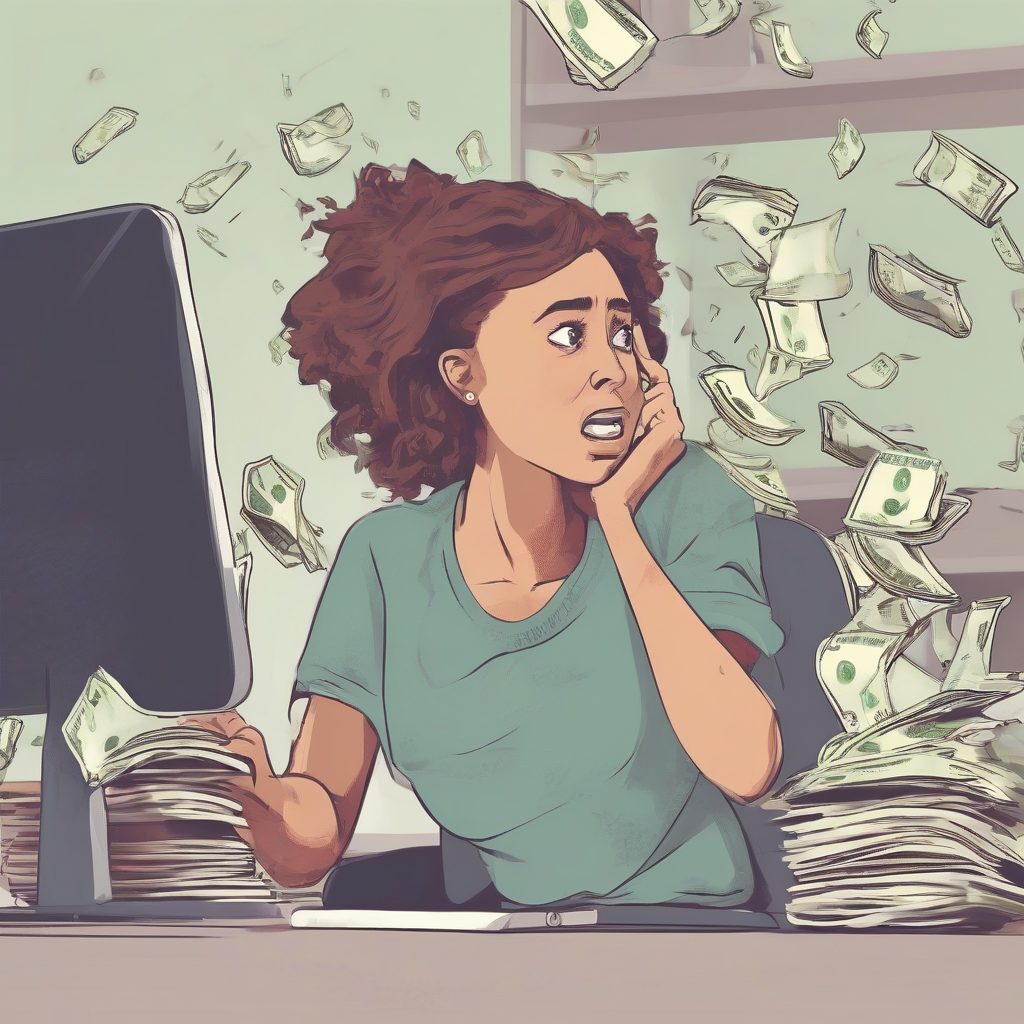The Dire Consequences of Defaulting on Your Student Loans: A Comprehensive Guide
Defaulting on your student loans is a serious matter with far-reaching and often devastating consequences. It’s not simply a matter of a late payment; it signifies a complete breach of your loan agreement and triggers a cascade of negative effects that can impact your finances, credit score, and even your future career prospects for years to come. This guide will comprehensively explore the ramifications of student loan default, offering a clear understanding of what you face and what steps you can take to avoid this perilous situation.
Immediate Consequences of Student Loan Default
The moment you default on your student loans, the repercussions begin. These immediate consequences can be financially crippling and emotionally distressing.
- Damaged Credit Score: A default is reported to the major credit bureaus (Equifax, Experian, and TransUnion), significantly lowering your credit score. This can make it extremely difficult to secure loans, credit cards, rent an apartment, or even get a job, as many employers conduct credit checks.
- Wage Garnishment: The government has the authority to garnish your wages, meaning a portion of your paycheck will be automatically deducted to repay your defaulted loans. This can severely limit your ability to meet your other financial obligations.
- Tax Refund Offset: Your federal and state income tax refunds can be seized and applied towards your outstanding student loan debt. This means you might receive no refund at all, leaving you with less financial flexibility.
- Difficulty Obtaining Government Benefits: Access to various government benefits, such as student aid for future education, may be restricted or entirely denied. This can further limit your opportunities for personal and professional growth.
- Collection Agency Involvement: Your loans will likely be transferred to a collection agency, which will aggressively pursue repayment. These agencies are known for their persistent and often aggressive collection tactics, including repeated phone calls, letters, and potentially legal action.
Long-Term Implications of Student Loan Default
The consequences of default extend far beyond the immediate financial penalties. The long-term implications can significantly hamper your future opportunities and overall well-being.
- Permanent Damage to Credit Score: The negative mark on your credit report remains for seven years, even after the debt is settled. This makes it difficult to rebuild your credit and access favorable financial products for a considerable period.
- Limited Financial Opportunities: A poor credit score can prevent you from buying a house, obtaining a car loan, or even securing a favorable interest rate on other loans. This can severely limit your financial mobility and long-term financial planning.
- Professional Restrictions: In certain professions, such as healthcare, law, and education, a history of student loan default can lead to licensing restrictions or even job loss. A background check often reveals defaulted loans, potentially impacting your career trajectory.
- Increased Stress and Anxiety: The constant pressure of debt collectors, financial instability, and the inability to secure financial opportunities can lead to significant stress, anxiety, and mental health challenges.
- Legal Action: In severe cases, the government can take legal action, potentially leading to a lawsuit and wage garnishment for an extended period.
Types of Student Loans and Default Implications
Different types of student loans have varying implications regarding default. Understanding these nuances is crucial.
- Federal Student Loans: Defaulting on federal student loans has the most severe consequences, including wage garnishment, tax refund offset, and restrictions on federal benefits. The government has extensive powers to collect these debts.
- Private Student Loans: While the consequences of defaulting on private student loans are also significant, they may vary depending on the lender. They can include damaged credit scores, collection agency involvement, and potential legal action. However, the government’s collection powers do not apply to private loans.
Avoiding Student Loan Default: Strategies and Resources
Preventing default is crucial. Several strategies can help you manage your student loan debt effectively and avoid the devastating consequences.
- Create a Budget: Develop a realistic budget to track your income and expenses, ensuring you allocate sufficient funds for your student loan payments.
- Explore Repayment Options: Research various repayment plans offered by your lender, such as income-driven repayment plans, which adjust your monthly payments based on your income and family size. These plans can make your payments more manageable.
- Contact Your Lender: If you’re struggling to make your payments, contact your lender immediately. They may be able to offer forbearance or deferment, temporarily suspending your payments or reducing the amount due.
- Seek Professional Help: Consult with a non-profit credit counseling agency for guidance on managing your debt and creating a repayment plan. They can offer valuable advice and support.
- Consider Loan Consolidation: Consolidating multiple student loans into a single loan can simplify repayment and potentially lower your interest rate.
- Explore Loan Forgiveness Programs: Some professions, such as teaching and public service, qualify for loan forgiveness programs, which can eliminate a portion or all of your student loan debt after a certain period of employment.
Rehabilitating Your Loans After Default
Even if you’ve defaulted on your student loans, there’s still hope for rehabilitation. While the process is challenging, it’s possible to restore your financial standing.
- Contact Your Lender: Begin by contacting your lender or the collection agency to discuss your options for rehabilitation. They may outline specific requirements for reinstating your loan.
- Make Payment Arrangements: You’ll typically need to make a series of on-time payments to rehabilitate your loan, often nine consecutive payments. The exact requirements will depend on your lender.
- Seek Professional Guidance: Seek help from a credit counselor or financial advisor to develop a realistic repayment plan and manage your debt effectively during the rehabilitation process.
Defaulting on student loans is a severe financial setback with long-lasting implications. Proactive planning, responsible debt management, and seeking assistance when facing challenges are crucial steps to avoid this detrimental situation. Understanding the consequences is the first step toward making informed decisions and securing your financial future.

